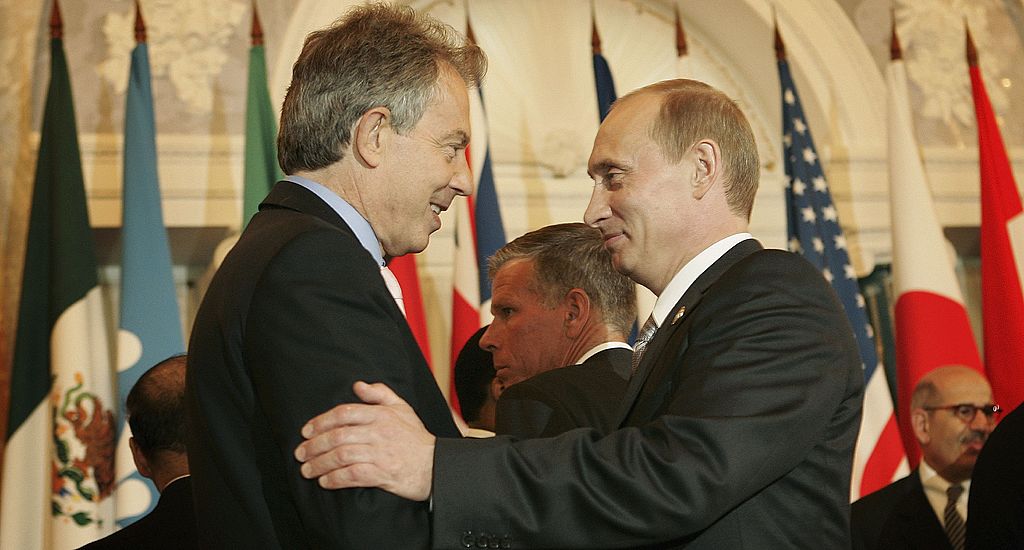Britain will end up rejoining the European Union sometime, former UK Prime Minister Tony Blair has said.
The pioneer of Britain’s so-called “New Labour” movement, Blair has remained a steadfast advocate for the EU, having repeatedly criticised those who campaigned for Brexit.
Speaking to the UK’s New Statesman media outlet, Blair said that he expected Britons would eventually undo the decision to leave the EU, which he says was “ill-advised”.
“I believe at some point a future generation will take Britain back into Europe,” he said, adding that he wished leaving it “had never happened”.
The former Labour Party leader expressed dismay over the UK’s current position regarding the bloc, saying that he struggled to see how his country will be able to operate outside of such a large, transnational grouping.
“I can’t see how it’s just not vital to be part of your own continent,” he said.
“Even the big-population countries like Indonesia or Brazil are looking at how they form regional blocs, because they realise that individually, they’re not powerful enough to sit at the same table, so they need to get a collective seat,” Blair added.
“And that is the reason for the European Union.”
He went on to discuss what other challenges and possibilities the future holds for Britain and the wider world.
Among these, he voiced his support for the development of Artificial Intelligence and its long-term potential.
“It will change literally everything,” Blair said, describing the technology as being likely to provide the “biggest amount of improvement in public services and in the way that people live and interact with government”.
Ironically, such a view appears to be at odds with the EU’s view of the technology, with the bloc rapidly trying to regulate AI systems to force compliance with values held by Brussels.
Such efforts have provoked significant concern from those within the tech industry, with experts warning European lawmakers that the bloc now risks regulating itself right out of the AI “arms race”.
“Like the invention of the internet or the breakthrough of silicon chips, generative AI is the kind of technology that will be decisive for the performance capacity and therefore the significance of different regions,” according to a letter to politicians signed by more than 160 technology sector executives in June.
“In our assessment, the draft [AI] legislation would jeopardise Europe’s competitiveness and technological sovereignty without effectively tackling the challenges we are and will be facing.”





